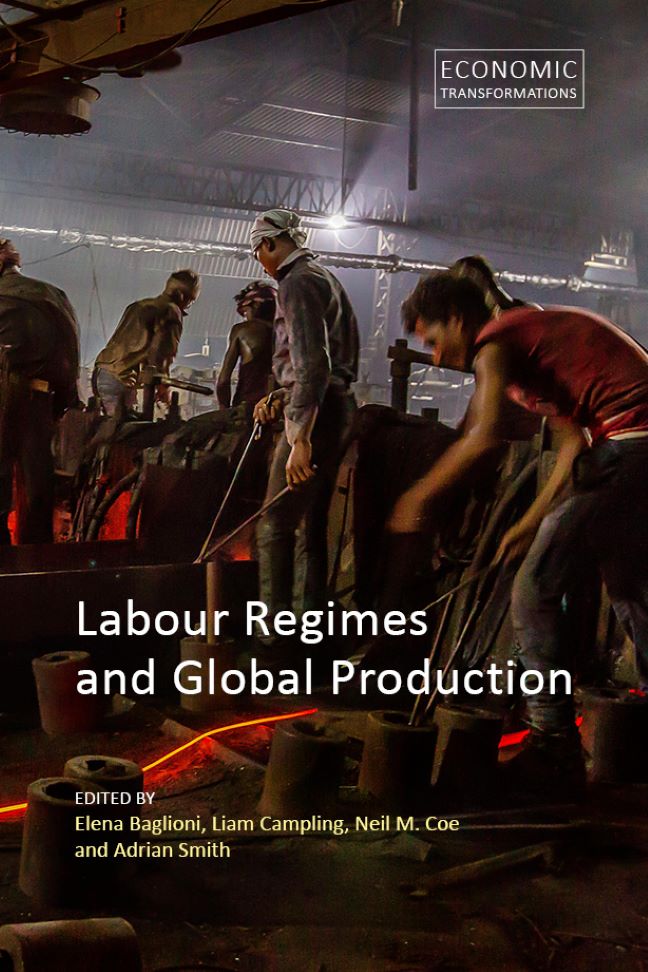11 - National Labour Control Regimes and Worker Resistance in Global Production Networks
Published online by Cambridge University Press: 20 January 2024
Summary
Introduction
Proponents of a “race to the bottom” argument (Chan 2003) would suggest that production goes where wages are lowest. This would certainly explain the growth of apparel exports in Bangladesh, Ethiopia and Myanmar. But that argument alone cannot explain why China remains the largest apparel exporter in the world while its wages are four times higher than in Bangladesh. And those who suggest that production goes where logistics are the most efficient and economies of scale are the greatest (as in China) cannot explain why Vietnam is one of the fastest-growing major apparel exporters in the world, or why Honduras is the largest Latin American exporter. In this chapter, I argue that buyers in apparel GPNs want not only to keep costs low but also to reduce the likelihood of supply chain disruption caused by worker organization and mobilization by controlling labour. Indeed, the ten top apparel exporters in the world today reflect three models of labour control. These encompass authoritarian state labour control regimes (LCRs), despotic market labour control regimes and repressive employer labour control regimes.
In the case of state LCRs, labour is controlled by a system of legal and extra-legal mechanisms designed to prevent or curtail independent worker organization and collective action. Extreme examples of such authoritarian state LCRs include China and Vietnam. In despotic market LCRs, unfavourable labour market conditions discipline labour; strong worker organizing is curtailed because workers are afraid that active participation in a union may result in job loss and prolonged unemployment or underemployment. Low-income countries with very weak labour markets, such as Bangladesh and Indonesia, exemplify despotic market LCRs. Finally, employer LCRs in their most extreme form include highly repressive employer actions against workers, including the systematic and broad use of violence or the threat of the use of violence. Examples of repressive employer LCRs can be seen in Honduras and El Salvador.
These three ideal-typical forms of control are not mutually exclusive or static; all countries have had elements of each system and all countries go through changes over the course of their histories. Bangladesh has a despotic market labour control regime, but workers in Bangladesh have also been killed while organizing collective action.
- Type
- Chapter
- Information
- Labour Regimes and Global Production , pp. 191 - 208Publisher: Agenda PublishingPrint publication year: 2022

